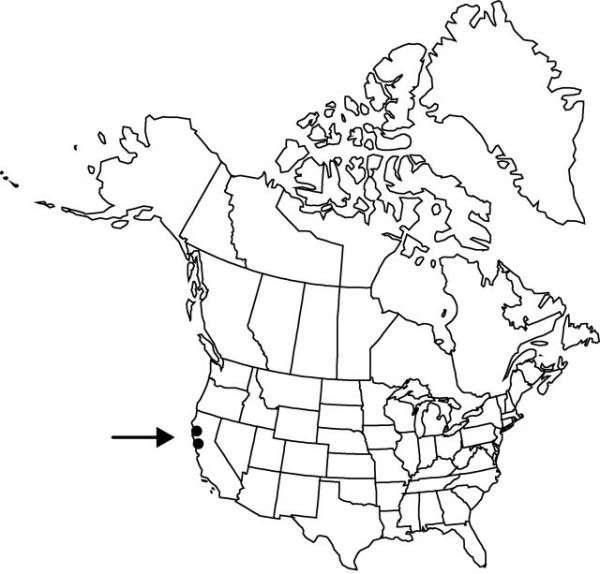Difference between revisions of "Allium paniculatum var. paniculatum"
FNA>Volume Importer |
imported>Volume Importer |
||
| (One intermediate revision by the same user not shown) | |||
| Line 3: | Line 3: | ||
|accepted_authority= | |accepted_authority= | ||
|publications= | |publications= | ||
| + | |special_status={{Treatment/ID/Special_status | ||
| + | |code=W2 | ||
| + | |label= | ||
| + | }}{{Treatment/ID/Special_status | ||
| + | |code=I | ||
| + | |label=Introduced | ||
| + | }} | ||
|basionyms= | |basionyms= | ||
|synonyms= | |synonyms= | ||
| Line 19: | Line 26: | ||
|elevation=0–50 m | |elevation=0–50 m | ||
|distribution=Calif.;Europe. | |distribution=Calif.;Europe. | ||
| + | |introduced=true | ||
|discussion=<p><i>Allium paniculatum </i>var.<i> paniculatum</i> is naturalized around San Francisco Bay and elsewhere in northern California. It is native to Europe and is potentially a noxious weed.</p> | |discussion=<p><i>Allium paniculatum </i>var.<i> paniculatum</i> is naturalized around San Francisco Bay and elsewhere in northern California. It is native to Europe and is potentially a noxious weed.</p> | ||
|tables= | |tables= | ||
| Line 42: | Line 50: | ||
|publication title= | |publication title= | ||
|publication year= | |publication year= | ||
| − | |special status= | + | |special status=W2;Introduced |
| − | |source xml=https:// | + | |source xml=https://bitbucket.org/aafc-mbb/fna-data-curation/src/2e0870ddd59836b60bcf96646a41e87ea5a5943a/coarse_grained_fna_xml/V26/V26_431.xml |
|genus=Allium | |genus=Allium | ||
|species=Allium paniculatum | |species=Allium paniculatum | ||
Latest revision as of 21:15, 5 November 2020
Bulbs 1–8, not clustered on stout primary rhizome, increase bulbs absent or ± equaling parent bulbs, never appearing as basal cluster, rhizomes lacking, ovoid, 1–1.5 × 1–1.5 cm; outer coats enclosing renewal bulbs, dark brown, membranous, very obscurely reticulate, cells rectangular, vertically elongate, without fibers, meshes delicate; inner coats white to light brown, cells rectangular, vertically elongate. Leaves persistent, withering from tip at anthesis, 3–5, sheathing proximal 1/3–1/2 scape; blade solid, terete to semiterete, channeled, 5–35 cm × 1–5 mm, margins entire. Scape persistent, solitary, erect, solid, terete, 30–70 cm × 1–3(–4) mm. Umbel persistent, erect, loose, 25–100-flowered, globose to ovate, bulbils unknown; spathe bracts persistent, 2, 4–9-veined or veins not visible, ovate to narrowly lanceolate, unequal, longer bract 5–14 cm, greatly exceeding pedicels, apex contracted into appendage, appendage terete, 5–14 cm. Flowers campanulate, 5–7 mm; tepals erect, white to lilac pink, ovate, ± equal, becoming papery and withering in fruit, margins entire, apex obtuse; stamens included to slightly exserted; anthers yellow; pollen yellow; ovary crestless; style exserted, linear; stigma capitate, scarcely thickened; pedicel unequal, 10–45 mm. Seed coat not known.
Phenology: Flowering Jun–Jul.
Habitat: Disturbed areas
Elevation: 0–50 m
Distribution

Introduced; Calif., Europe.
Discussion
Allium paniculatum var. paniculatum is naturalized around San Francisco Bay and elsewhere in northern California. It is native to Europe and is potentially a noxious weed.
Selected References
None.